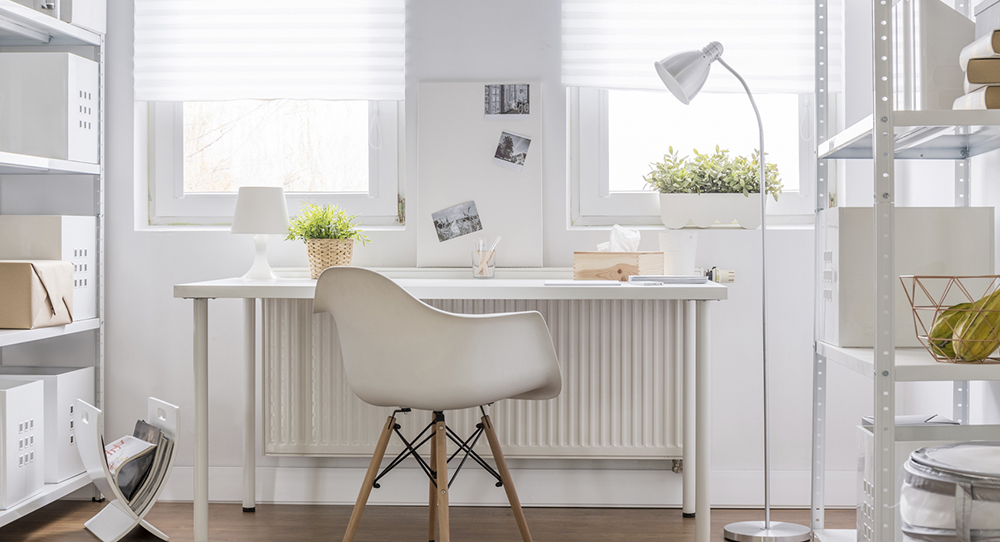Get yourself organised
Every month, Oliver Burkeman invites you to improve your work life

Dial down the stress levels at work by getting yourself organised. Once you have things in order you will feel in control and energised.
The project
In days gone by, physical work was certainly hard, but it was simple. By contrast, o ffice jobs involve a thousand moving parts: messages to reply to, projects to juggle, meetings to prepare for. If you learn how to stay on top of everything, you’ll feel happier – plus you’ll gain a useful reputation for being organised.
The aim
When people say they want to ‘get organised’, or improve their time management, they really mean they want to feel more in control. Work stress often isn’t the result of having too much to do, but rather fearing you’ll forget something. To feel calmer, then, you needn’t wait until you’ve completed all your work – and that’ll never happen, anyway. All you need is to find ways to enhance the feeling of control.
The theory
Two principles are crucial here. The first is what the productivity guru David Allen calls ‘universal capture’. Make sure that wherever you are – in the bathroom, at the gym – you have some way to take a note when tasks spring to mind. The second is to keep matters simple. Here’s one basic system: designate one ‘collection zone’ where you collect everything still to be dealt with – papers, scribbled notes. For digital stuff, use your inbox instead; you can email yourself reminders. Then, buy a tiny notebook to carry everywhere; when you make a note, tear out the page and add it to your collection zone. A few times per week, clear everything from the zone – file things away; add tasks to your to-do list. Make this a habit, and you’ll bring sanity to the chaos.
Now try it out
- Use the cloud. Apps like Evernote (evernote.com) and OneNote (onenote.com) let you store to-do lists and documents so they’re accessible from any device. If you’re always a click away from your data, you’ll fret less about things slipping your mind.
- Track your ‘waiting-fors’. Few of us remember to keep a list of things we’re waiting for other people to do – reply to emails, send promised documents, and so on. But it’s a crucial way to stay on the ball.
- Let it go. It’s important to keep track of what matters. But it’s just as important not to waste energy keeping track of what doesn’t. Are your desk drawers a mess? Do you rarely get round to checking Facebook? If these things don’t cause you problems… leave them as they are.
Oliver Burkeman is the author of ‘The Antidote: Happiness For People Who Can’t Stand Positive Thinking’ (Canongate, £8.99)









